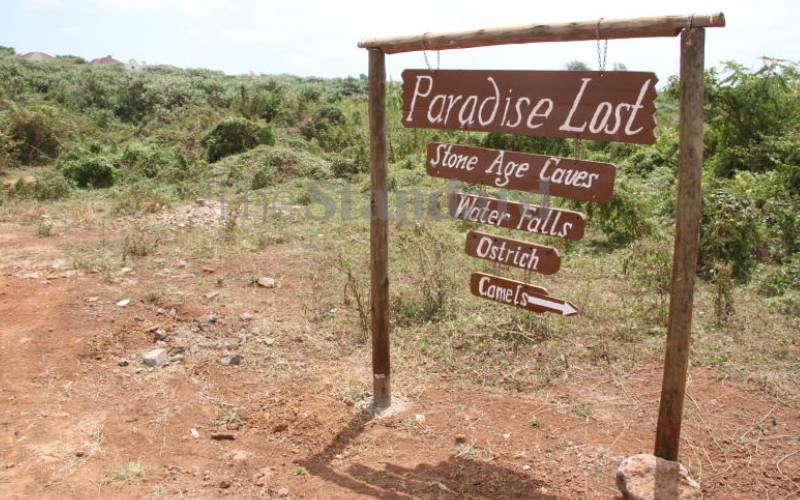×
The Standard e-Paper
Smart Minds Choose Us

Paradise lost, a recreational site in Kiambu at the heart of a protracted land dispute between siblings. [Edward Kiplimo,Standard] .
For nature lovers looking for a tranquil site and fresh air not too far away from the capital city, Paradise Lost along Kiambu Road is an attractive option.